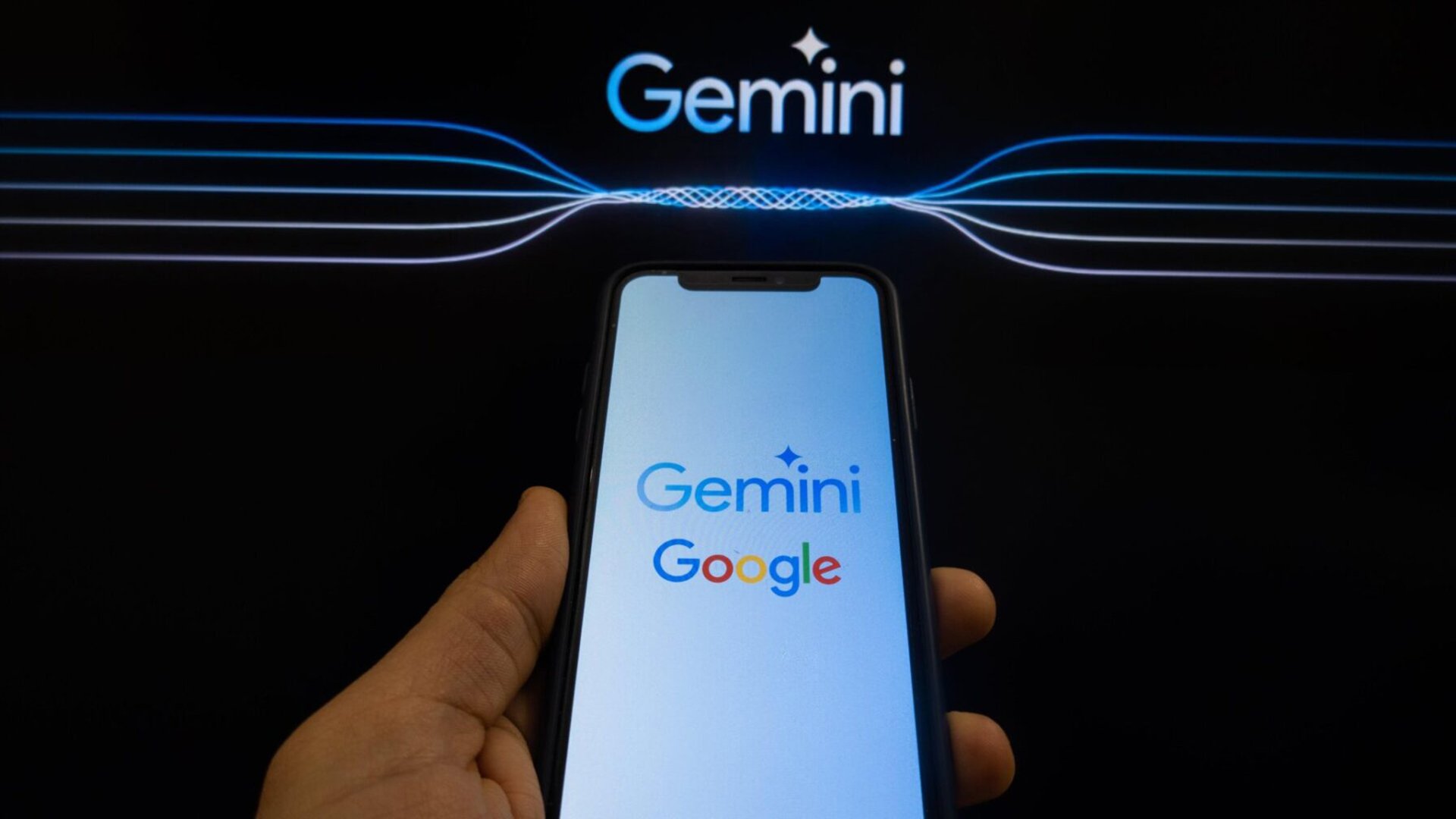Adobe, notorious for its subscription-based model, has introduced a new AI-powered add-on for Acrobat, designed to simplify the often-daunting task of understanding legal contracts. Dubbed “Acrobat AI Assistant,” this feature aims to extract key details from PDF contracts and present them in a more user-friendly format. But is it truly a valuable tool, or just another way for Adobe to lock users into recurring payments?
Unpacking Legal Jargon with AI
The Acrobat AI Assistant integrates directly into Adobe’s Acrobat PDF reader, available as a $4.99 monthly add-on for both free and paid versions. Given Adobe’s increasing reliance on subscriptions, it’s likely this feature will be heavily promoted to users.
Adobe cites surveys indicating that 70% of consumers admit to signing contracts without fully comprehending the terms. This suggests a significant portion of the population relies on a cursory understanding, at best, before committing to legally binding agreements. The Acrobat AI Assistant, according to Adobe, offers a time-saving solution by highlighting key terms with citations and suggesting relevant questions users might ask to gain a more complete understanding.
The Limitations of AI in Legal Interpretation
However, it’s crucial to remember that AI language models are not infallible. They predict the next word in a sequence, creating text that resembles a factual synthesis of provided information, but without guaranteeing actual factual accuracy. While this might suffice in some contexts, applying it to legal contracts carries inherent risks. Users could mistakenly believe they understand a contract based on the AI’s summary, leading to unintended legal consequences. Ignorance of the full terms rarely invalidates a contract.
/cdn.vox-cdn.com/uploads/chorus_asset/file/24754100/jbareham_230710_ecl_disney_0007.jpg”>https://cdn.vox-cdn.com/thumbor/C87p5X6_Yj9C1L-tNq96w9g4X70=/1400×0/filters:no_upscale()/cdn.vox-cdn.com/uploads/chorus_asset/file/24754100/jbareham_230710_ecl_disney_0007.jpg)
A Double-Edged Sword?
Given that many people already skip reading contracts thoroughly, the AI assistant’s impact might be less significant than anticipated. However, it could prove beneficial in highlighting crucial details often buried in complex legal language. For instance, it could potentially surface clauses like the one Disney used in its user agreement, requiring disputes to be handled through private arbitration, which sparked controversy last year.
Adobe’s Subscription Strategy Under Scrutiny
Adobe’s transition to a subscription model for applications like Photoshop hasn’t been without criticism. The company’s use of “dark patterns” – tactics designed to make it difficult to cancel subscriptions – has further alienated some users. While subscription models provide predictable revenue streams, they often come at the expense of consumer choice. Despite the backlash, Adobe’s dominant position in the design industry, particularly with Photoshop, has made it difficult for competitors to gain significant traction.
Conclusion: Proceed with Caution
The Acrobat AI Assistant holds promise for simplifying contract comprehension. However, users should exercise caution and not rely solely on the AI’s interpretation. It’s essential to remember that this tool is an aid, not a replacement for thorough review. While the AI Assistant might offer some convenience, it also reinforces Adobe’s controversial subscription-centric approach. Ultimately, users must weigh the potential benefits against the cost and the inherent limitations of AI in legal interpretation.











